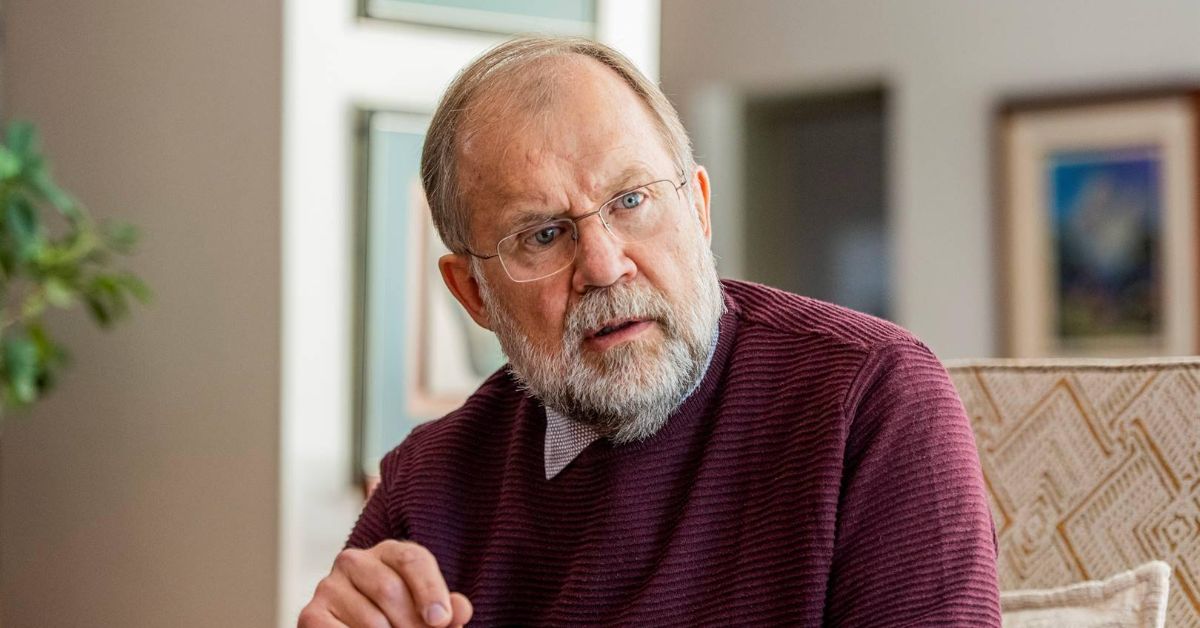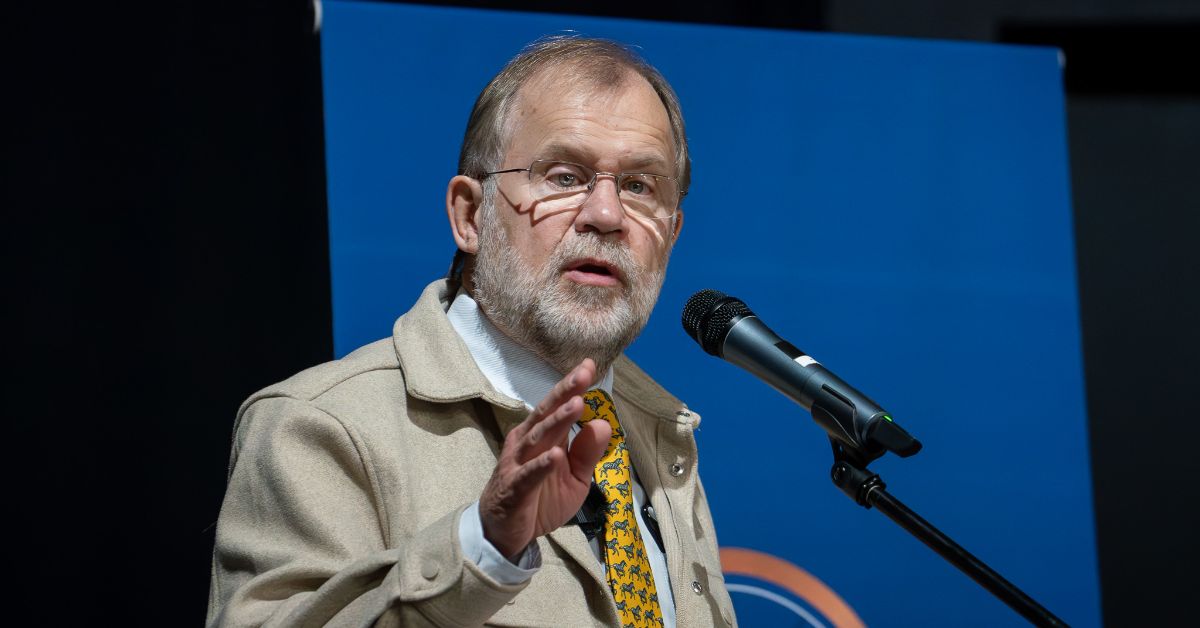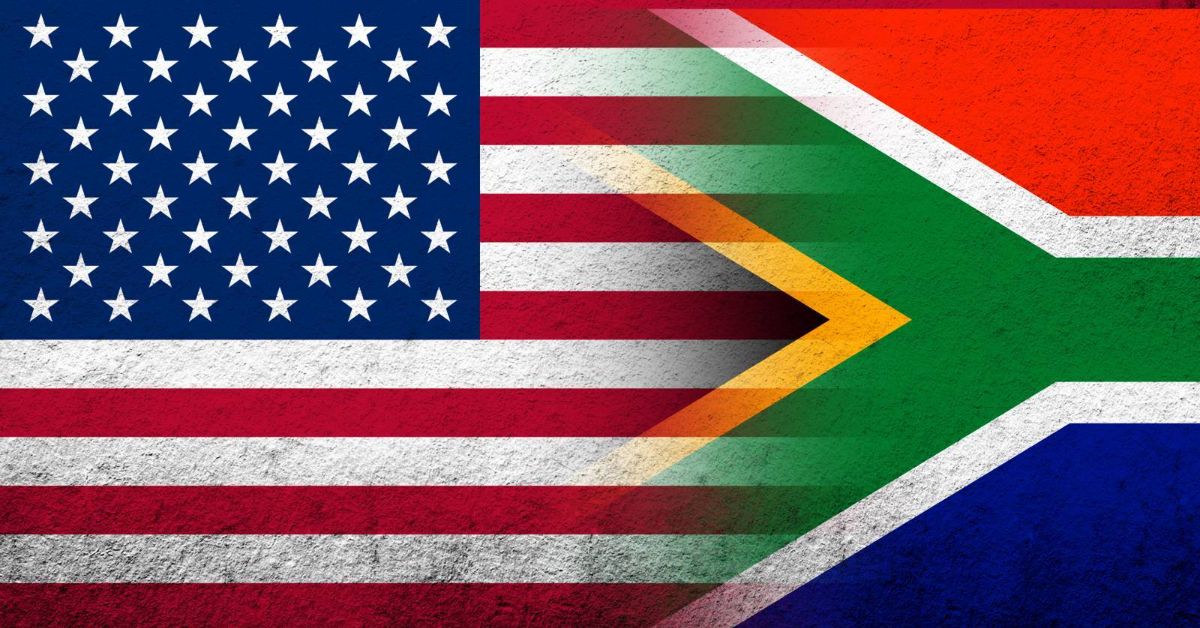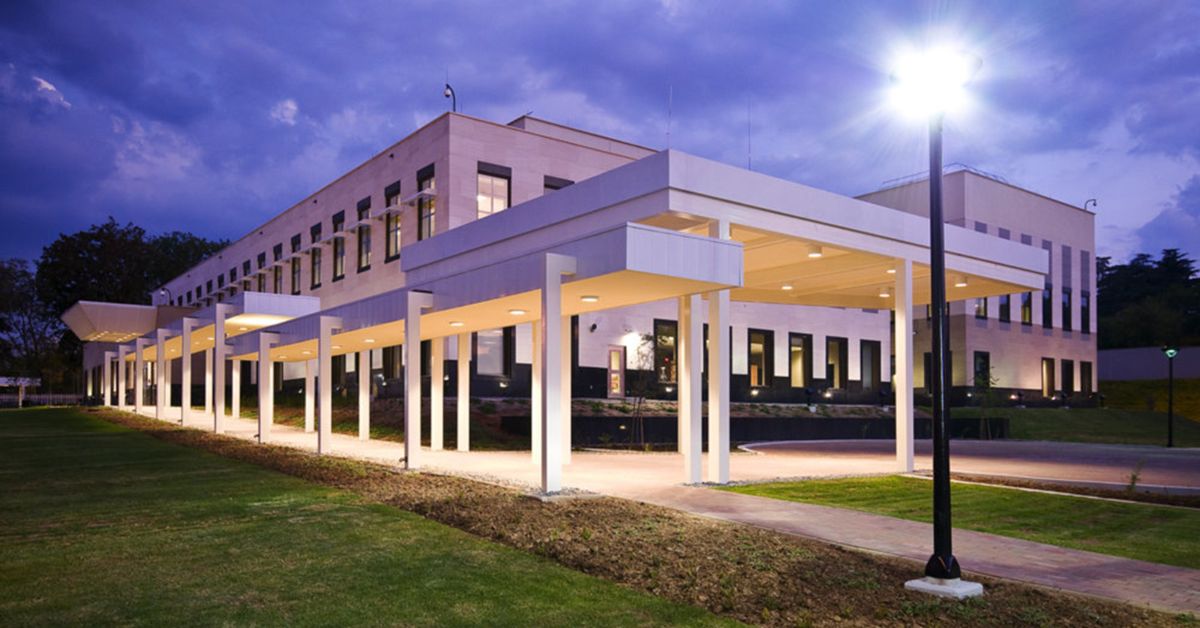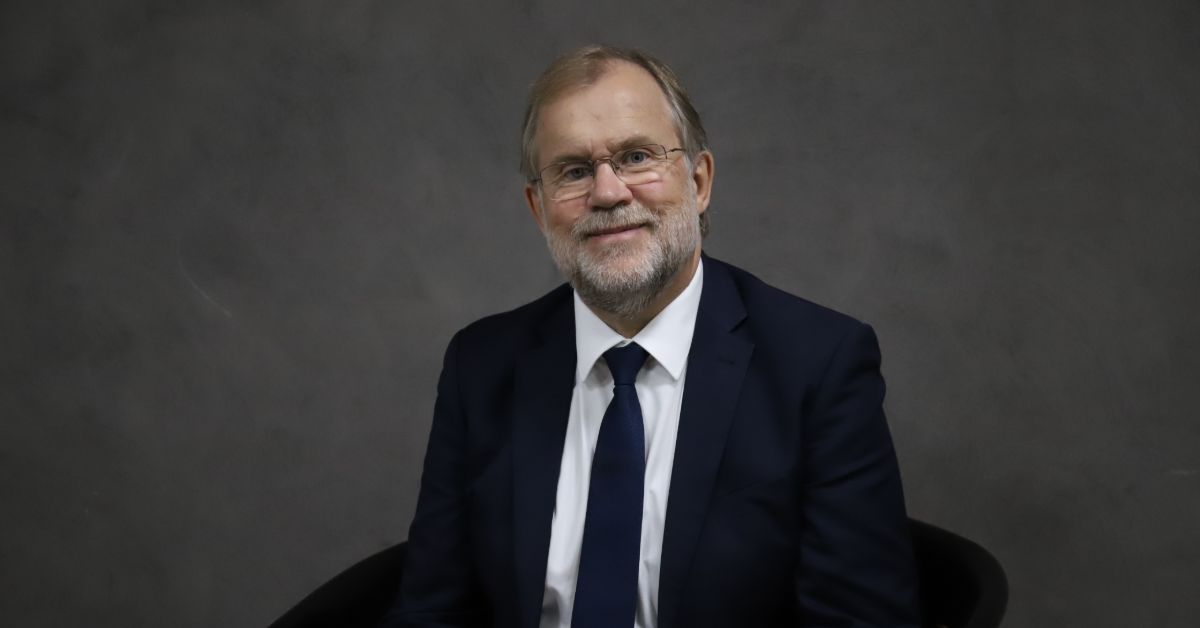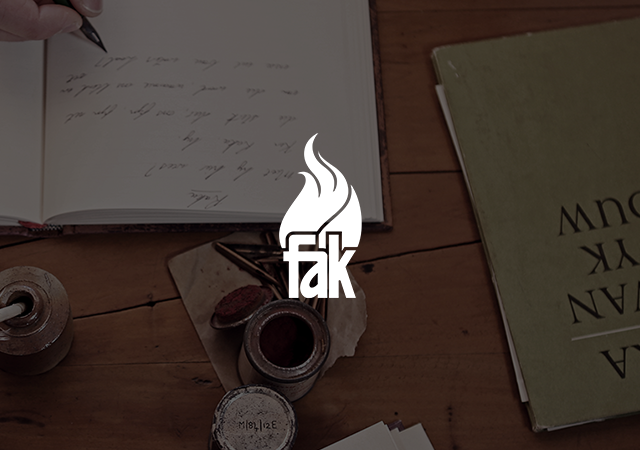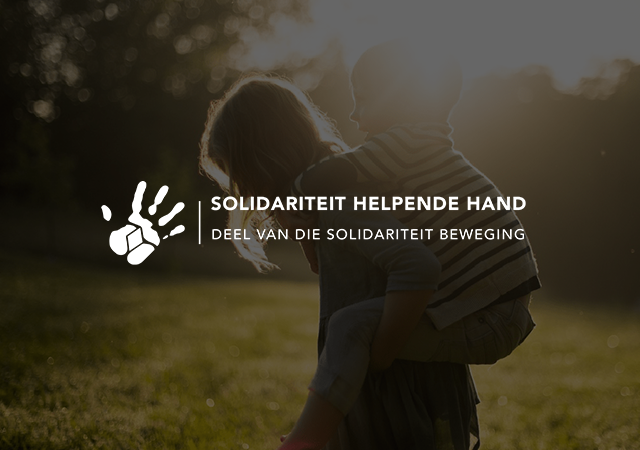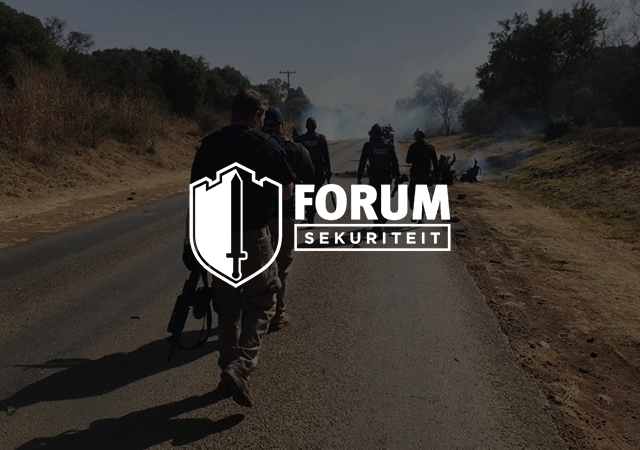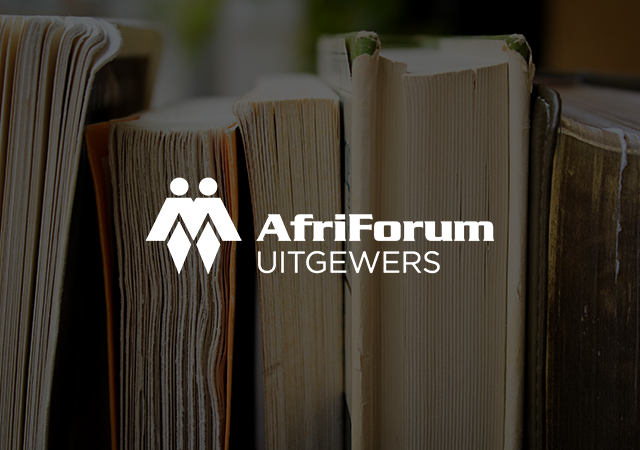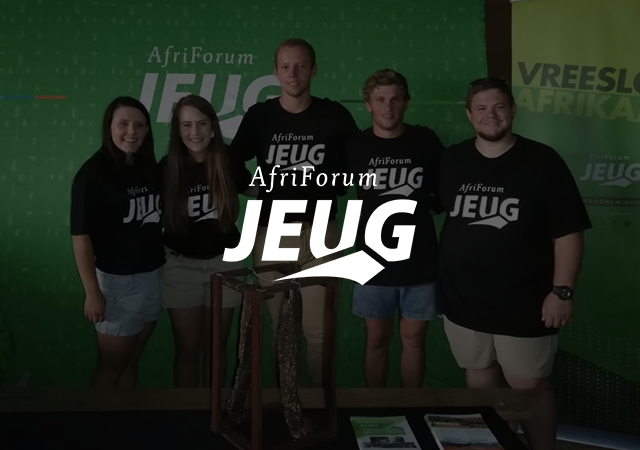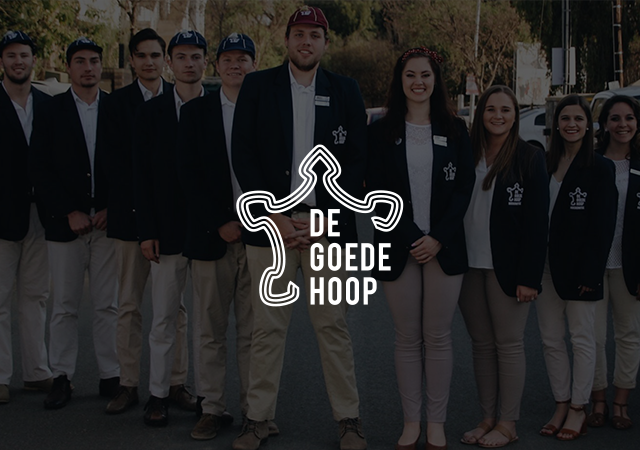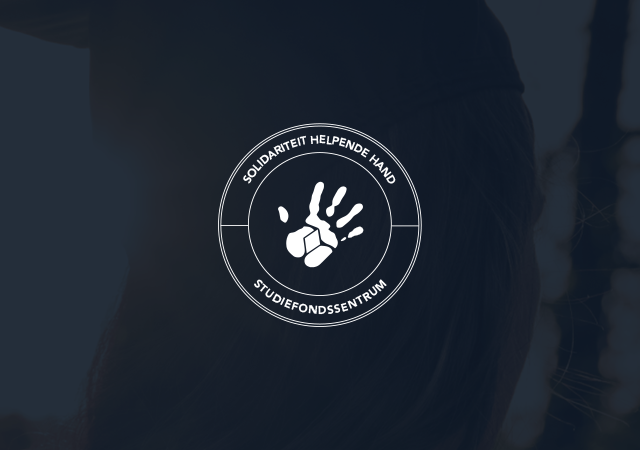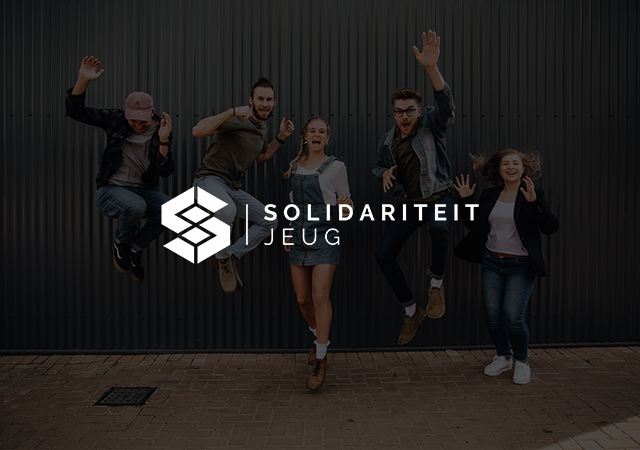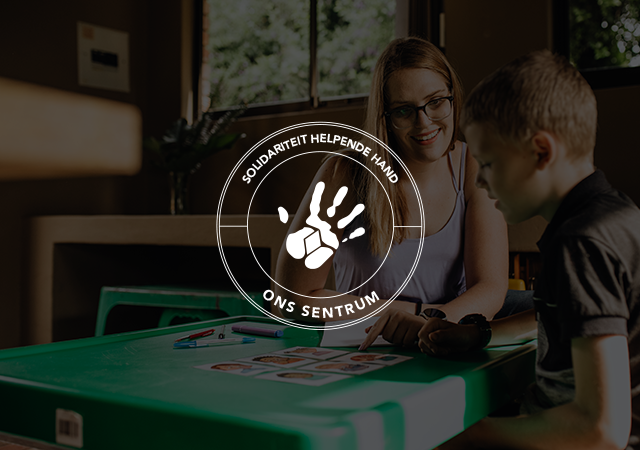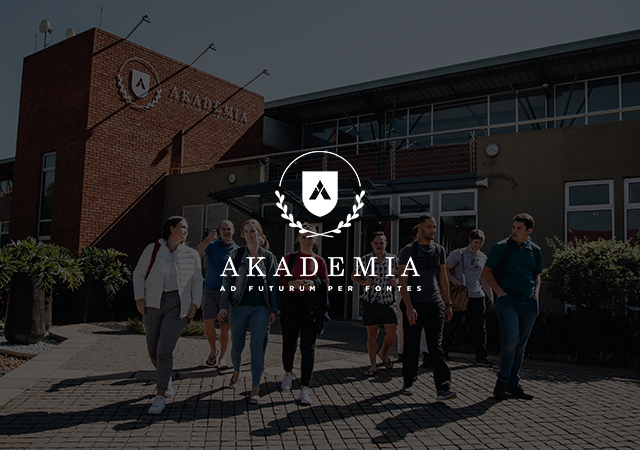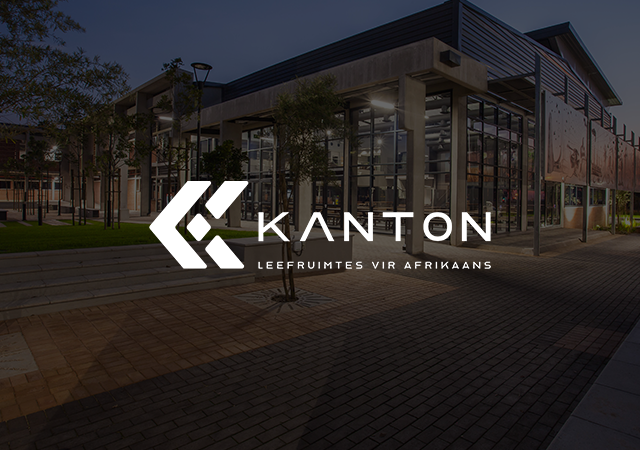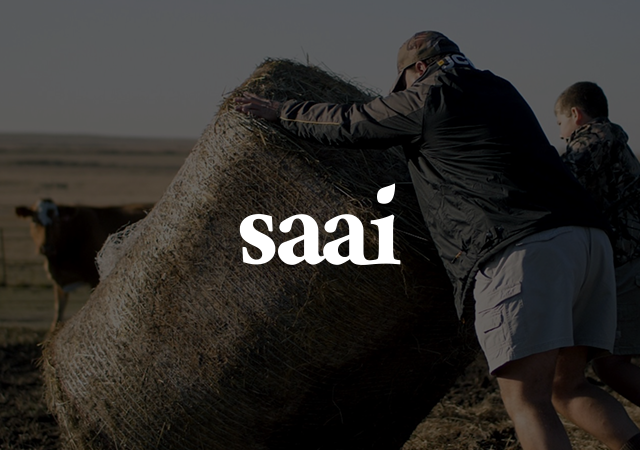By Flip Buys, Chairperson of the Solidarity Movement
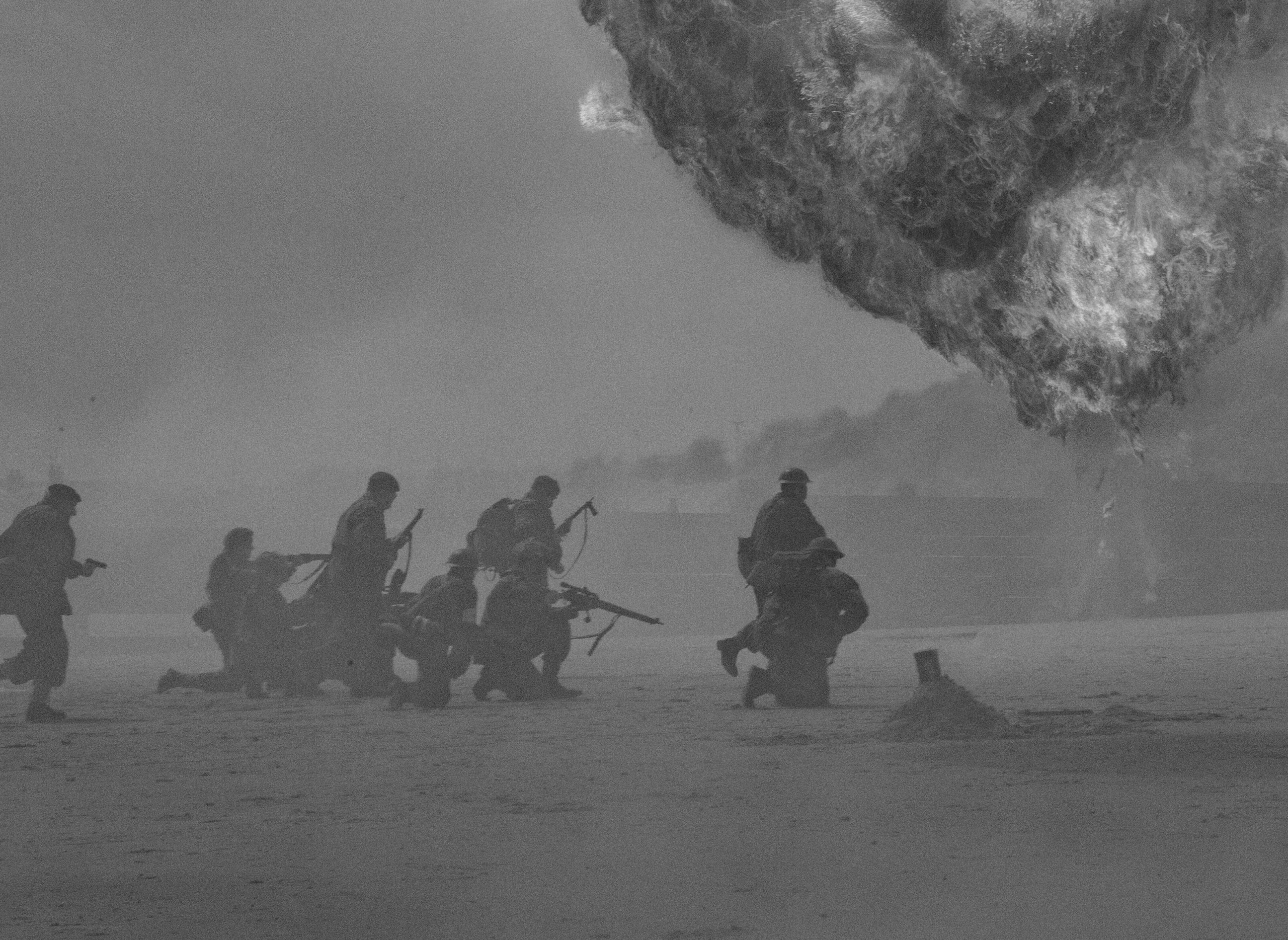
“Russia has brought war back to Europe, and we must be prepared for the scale of war our grandparents and great grandparents endured,” NATO chief Mark Rutte said in December, referring to World Wars I and II. Rutte’s stark warning was followed by similar warnings about the danger of a continental war against Russia from German Chancellor, Friedrich Merz, German Defence Minister, Boris Pistorius, NATO’s Military Chief Admiral, Rob Bauer, and senior leaders from Britain, Poland, Sweden, and Norway.
Although Russia’s conventional forces are not strong enough to fight against the entire NATO, three factors give Europeans sleepless nights:
- the first is that the US government wants Europe to take care of its own security, because the US wants to focus on China;
- Europe cannot stand up to Russian military mass production, and
- the Russians have the world’s largest nuclear arsenal, and their military doctrine includes its use under certain conditions.
The terrifying warning of nuclear physicist Albert Einstein looms before humanity once again: If there is a Third World War, the fourth will have to be fought with sticks and stones. Einstein, of course, meant that another global war could destroy the world.
Ukraine
Military experts consider the war in Ukraine to be the most dangerous international conflict since the Cuban Missile Crisis of 1962. There is a danger that it could escalate into a large-scale European war, which could include tactical nuclear weapons. The most important elements of such a nightmare are already present, and the situation is reminiscent of the run-up to World War I. These include:
- two sides with irreconcilable positions, each strongly believing in its cause;
- no formal peace negotiations, and both powers fighting for a military victory;
- both sides escalating their objectives since the start of the war;
- it is not just a regional conflict – several major powers with nuclear weapons are involved; and
- the alliance system increases the chances of a larger war, because an “attack on one is considered an attack on all”.
The history of war shows that a relatively limited conflict between two countries can easily escalate into a larger war between great powers. A pertinent example is the Crimean War of the 1850s between Russia on one side, and Britain, France, Turkey and Sardinia on the other.
Prof Shepard Clough, professor of history at Columbia University, described the lead-up to this war as follows:
“The war was not the result of a calculated plan, nor even of hasty last-minute decisions made under stress. It was the consequence of more than two years of fatal blundering in slow-motion by inept statesmen who had months to reflect upon the actions they took. It arose from [some leaders’] search for prestige; the competing quest for control over the Straits; the mutual naïve miscalculation of the probable reactions of other powers; the failure of those powers to make their positions clear; and the pressure of public opinion in all countries at crucial moments.”
These words also apply to the current war, because there was a very long lead-up to these tragic events during which they could have been prevented.
Goals change
Initially, the Russians’ goal was to prevent Ukraine from joining the NATO military alliance, which, from the Russian perspective, would become a “direct threat to Russian security,” in the words of President Vladimir Putin.
The Russians have now escalated this goal to a military victory and the occupation of territory, especially in the East, where a large number of Russians live.
NATO initially intended only to assist Ukraine in preventing a Russian victory and to help secure a favourable peace agreement. In the meantime, however, the West’s goal has also escalated to a military victory and the elimination of Russia as a great power.
There are normally three routes to large-scale escalation that are part of the dynamics of war:
- One or both sides escalate the war to win.
- One or both sides escalate the war to avoid defeat.
- The war escalates unintentionally, e.g. as a result of an unforeseen event that is typical of wars.
Defend after attack
The West initially supplied Ukraine with defensive weapons, such as tanks and air defence weapons. After their goal changed to military victory, large quantities of modern offensive weapons were sent to Ukraine.
Henry Kissinger’s warning words about the mistakes made in the run-up to World War I in 1914 are still relevant today:
“They seemed oblivious to the huge casualties of the still relatively recent American Civil War, and expected a short, decisive conflict. It never occurred to them that the failure to make their alliances correspond to rational political objectives would lead to the destruction of civilisation as they knew it. Instead, the Great Powers managed to construct a diplomatic doomsday machine, though they were unaware of what they had done.”
The First World War is also a lesson that good intentions can lead to terrible outcomes. As the American thinker, Thomas Sowell, put it: “The First World War […] was said to be a war ‘to make the world safe for democracy.’ What it actually led to was the replacement of despotic dynasties by totalitarian dictatorships that were far worse”.
One shot, three wars
The assassination of the Austrian crown prince, Franz Ferdinand, by a young Serbian assassin on June 28, 1914, set in motion a chain of events. This ultimately led to two world wars in which a combined total of about 100 million people died, and then the Cold War between East and West. In history, the end of one war has often served only as a prelude to the next. For example, the oppressive peace agreement of World War I played a decisive role in the emergence of World War II. The end of this war then marked the beginning of the dangerous Cold War, which divided the world for decades into two power blocs that glared at each other over nuclear weapons.
Nuclear weapons
The question is under which circumstances one of the two sides will use nuclear weapons. The West is using its full arsenal of economic and diplomatic power, providing large-scale arms and financial assistance to Ukraine, without sending troops.
From the statements of Western leaders, it appears that there are four possible motives why the West itself might become militarily involved: if the war drags on for a long time; if there is no prospect of a diplomatic solution or a Ukrainian victory; if the economic costs for the West become too high; or if they are desperate to end the conflict quickly, for example out of fear that the Chinese will use the crisis to launch an attack on Taiwan. If the Ukrainian army is in danger of losing, the West could also step in to prevent a defeat. The last possibility is if the Ukrainians attack Russian towns or cities to provoke a major Russian counter-reaction that could involve the West in the war.
Russian nuclear weapons
President Putin has already described the tough Western sanctions as a declaration of war, which, from a Russian perspective, sets the stage for possible forceful action against NATO. Russian military doctrine provides for circumstances in which Russia would use nuclear weapons. These are:
- when the Russians decide to stop the flow of Western weapons, and then attack a NATO country such as Poland, through which the weapons are moving;
- when NATO forces enter the war themselves;
- to prevent a Russian defeat; and
- if the war becomes too long and dragged out that they want to end it at all costs.
The Central Intelligence Agency (CIA) takes the threat of nuclear weapons so seriously that in 2022 it warned: “None of us can take the imminent danger of the use of tactical nuclear weapons lightly.”
Tactical nuclear weapons are smaller weapons designed to destroy cities or an army, and are not intercontinental ballistic missiles. However, they can quickly lead to a greater escalation where even more dangerous nuclear weapons can be used.
Other possibilities
Fortunately, the danger of an escalation to nuclear weapons certainly does not mean that it will necessarily happen. In the past, the horrific possibility of it was enough to prevent it. The Russians have already caused terrible damage in Ukraine, but have so far been very reluctant to escalate the war further. They have not yet sent in their entire army, called up large numbers of soldiers, or declared “total war”.
The best deterrent to war remains the lessons of history. The problem is that there is no convincing evidence that today’s world leaders have the historical knowledge to prevent wars. As Thomas Sowell so aptly puts it:
“The monumental tragedies of the 20th century — a worldwide Great Depression, two devastating World Wars, the Holocaust, famines killing millions in the Soviet Union and tens of millions in China — should leave us with a sobering sense of the threats to any society. But this generation’s ignorance of history leaves them free to be frivolous — until the next catastrophe strikes, and catches them completely by surprise.”
Humanity can only pray and hope that the imminent danger of an escalating war will be a powerful incentive for the warring parties to find a diplomatic solution prematurely. Fortunately, in practice, a “Third World War” will not easily break out, as the US military power is currently so overwhelming that other great powers will not simply challenge it.
The key to lasting world peace has historically been twofold: deterrence of enemies and reassurance that no attack is planned against anyone. The challenge for the US is therefore to deter China, for example, but at the same time reassure them that they will not be attacked. Then the world will be a safer place!


